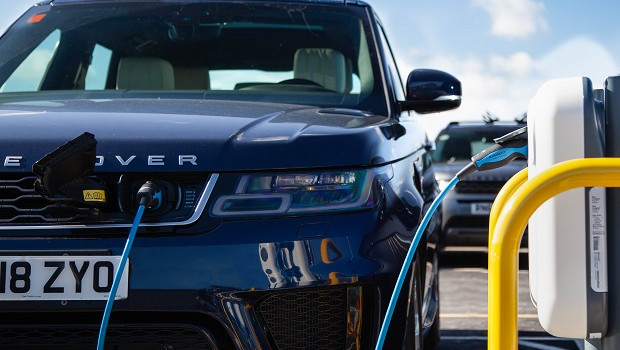UK car registrations grow in September

UK car registrations grew year-on-year in September but failed to meet the average seen before the Covid-19 pandemic laid waste to the automotive industry.
Private new car registrations hit 122,900 in September, 5.8% above 2022's figure of 116,300 but well and truly short of the 2015-2019 average of 196,300. Total registrations, including business and fleet vehicles, came to 272,600, a 21% increase on the prior year, but remained well below the pre-pandemic average of 408,000.
The growth was principally driven by large fleets, according to the Society of Motor Manufacturers and Traders, which rose 40.8% to 143,256 units for a market share of 52.5%.
Petrol vehicle registrations rose 15% to 105,463, while battery-powered vehicle registrations rose 18.9% to 45,323 and those for hybrid electric vehicles increased 30.7% to 38,014. Diesel registrations, on the other hand, fell 4.2% in September to 9,896.
Pantheon Macroeconomics reckons it's highly unlikely that demand is suddenly weakening again given that sales also fared "relatively poorly" in September 2021 and September 2022, only to then return closer to their pre-Covid norms over the subsequent months. Pantheon said private car sales likely will start to recover over the first half of next year, with households buoyed by the ongoing recovery in real incomes.
"Note, too, that the expansion of ULEZ and other Clean Air Zones, combined with an improvement in the availability, cost and range of electric vehicles may also tip the scales for potential buyers. Nonetheless, the recovery will be limited by the fact the average interest rate for a £10,000 personal loan still is almost double its 2019 average; PCP rates are similarly elevated. And current uncertainty over government policy on EVs, means consumers may postpone a new purchase in the near term," said Pantheon Macroeconomics.
All told, Pantheon thinks car sales will remain around 10%-15% below pre-Covid levels over the rest of 2023 but will start to recover to around 5% below by the end of 2024.
Reporting by Iain Gilbert at Sharecast.com